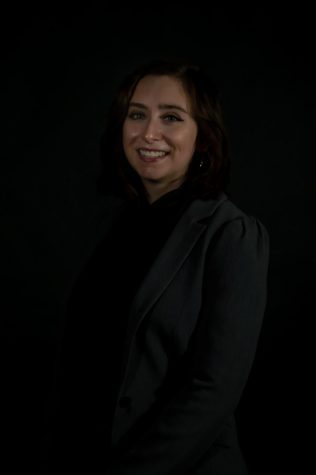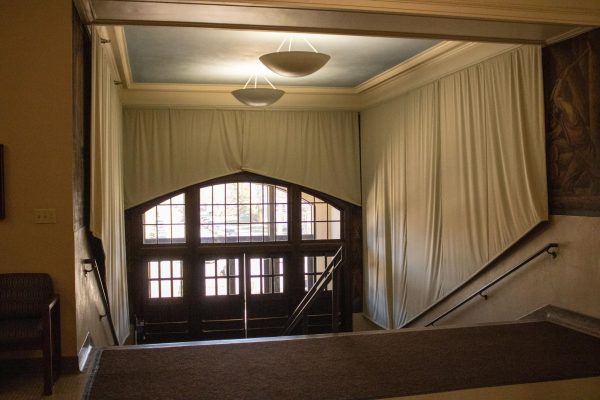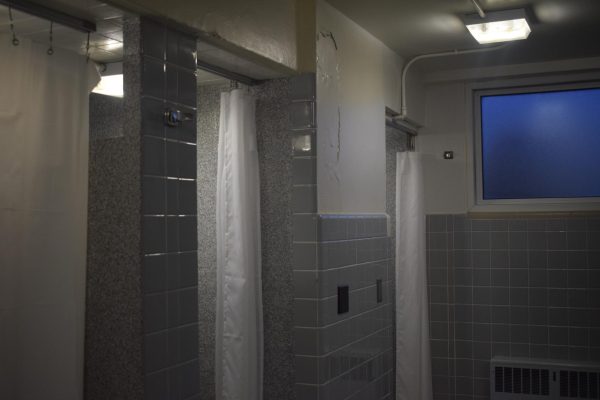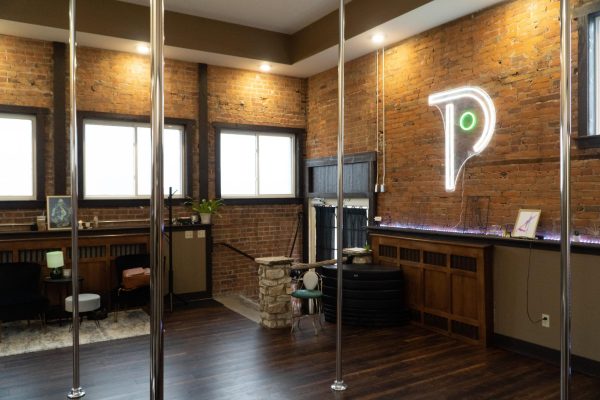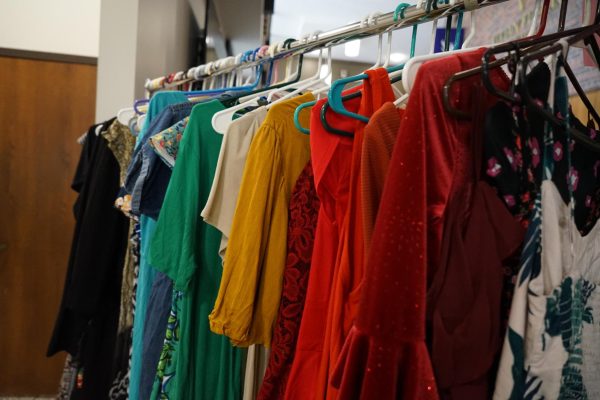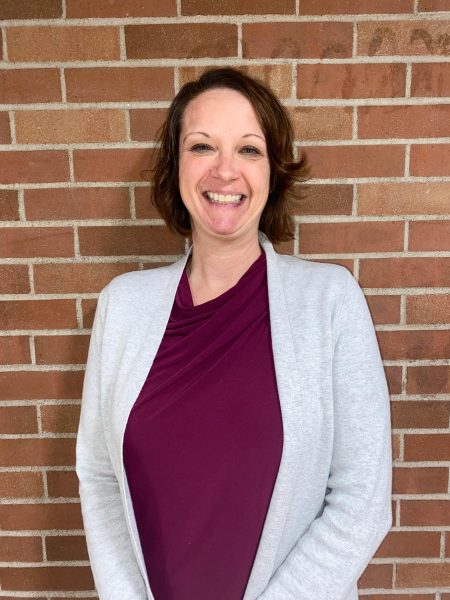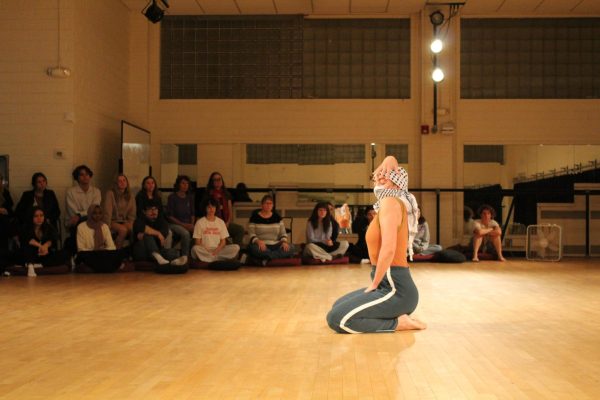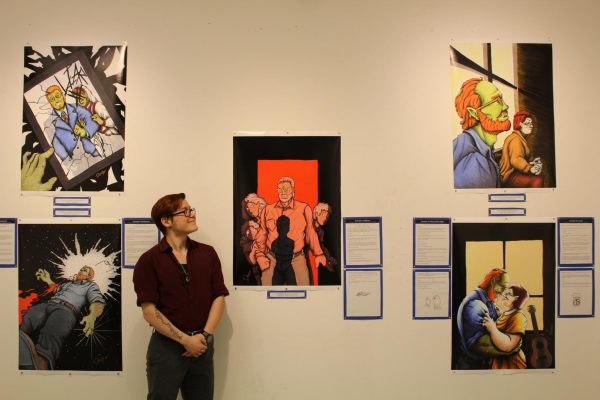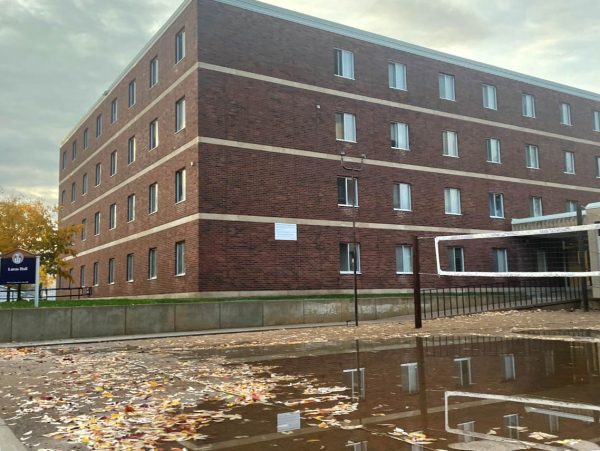Student Senate address pandemic concerns

April 8, 2020
Winona State University’s Student Senate met over Zoom, a remote conferencing service, on Wednesday, April 1, to discuss what the university is doing to accommodate students and faculty members during the COVID-19 pandemic.
The Zoom meeting was broadcasted to the Winona community over Facebook Live. Student Senate heard from various guest speakers, administrators at the university through a Q&A format.
The main topics that were discussed during this meeting were the Pass/No Credit policy, financial reimbursements, housing and commencement.
Many students expressed concern about classes moving online due to the pandemic. A petition was created and shared over social media to make all classes Pass/No Credit.
Winona State President Scott Olson said that the deadline to change a class from a letter grade to Pass/No Credit is being moved to April 27. This will give students time to talk to their advisors to weigh the pros and cons of switching a class to Pass/No Credit. Switching a class to Pass/No Credit could harm students who need a grade in a certain class in order to progress in their program, graduate or get into graduate school.
Toward the end of the meeting, senate decided to recommend the Pass/No Credit policy to be available on a class-by-class basis. It was recommended by multiple administrators that students first talk with their advisors before making the decision to switch their class to Pass/No Credit to ensure that they will not be harmed by their decision in the future.
According to provost and vice president for Academic Affairs Edward Reilly, the dean of the School of Nursing created a list of how changing each class to Pass/No Credit will affect a student. Reilly said hopefully other colleges at Winona State will soon create a similar list.
Student Senate was also briefed on Housing and Residence Life’s efforts to assist the community during this time.
Paula Scheevel, director of Housing and Residence Life, said that as of Wednesday, all the residence halls were officially closed. Approximately 100 students remain in East Lake Apartments.
Scheevel said that students will be reimbursed for housing and meal plans and that the money will hopefully be sent out by the end of April. Both block plans and Kryzsko Cash will be refunded, but it will take time to calculate each student’s refund amount, Scheevel said. Housing is charged daily whereas block plans are charged weekly, so the reimbursements will be calculated by going off the numbers as of Mar. 14.
Scott Ellinghuysen, vice president of Finance, elaborated on reimbursements. There could be a potential parking permit refund that would be effective near the date of the housing and meal plan refund. Ellinghuysen does not believe that a tuition refund will happen because, instead of stopping completely, classes have moved online.
There have been no decisions made for refunds on other fees such as the Wellness Center, the Student Union or Student Life. Payments for student trips such as travel studies that have been cancelled will also be refunded.
Ellinghuysen also said that student workers will be paid during the campus closure, even if they are unable to work and sent out an email on Tuesday. The payments will be effective Mar. 18 and students will be paid for their usual number of hours.
Several options for commencement were also discussed during the meeting.
Options discussed included a summer commencement, a virtual commencement and inviting the spring 2020 graduates to the winter commencement.
The commencement committee said there would be no push to have an alternate spring or summer commencement, due to health concerns. Lindsay Marosi-Kramer, a member of the committee, said that they do not want to promise something that they may not be able to deliver on.
The option that seemed to get the most discussion was to have prerecorded messages from the deans of each college and the elected speakers, and in addition, invite the spring class of 2020 to attend the December commencement. There was also discussion of sending graduating seniors a care package including everything they would have received at their commencement ceremony. This package would include everything but the cap and gown.
According to the committee, an email will be sent out to graduating seniors, giving them an opportunity to provide feedback.
In addition to helping Winona State students, staff and faculty, the university is also trying to help the community of Winona.
Winona State donated 2,000 surgical masks to Winona Health, and also opened Tau Center to healthcare workers who were are unable to return home.
“Winona Health needed a place for certain healthcare workers who couldn’t return home either because somebody was sick at home or because they themselves had been exposed and didn’t want to expose their home,” Olson said.
Katie Wilson, a senate member working at a nursing home in Winona and Mayo Rochester, asked students during the meeting to donate blood if they are able, due to a shortage of blood.
The opinions expressed in this paper are not necessarily those of Winona State University, the Minnesota State Colleges and University system, or the Winona State University student body.






















































